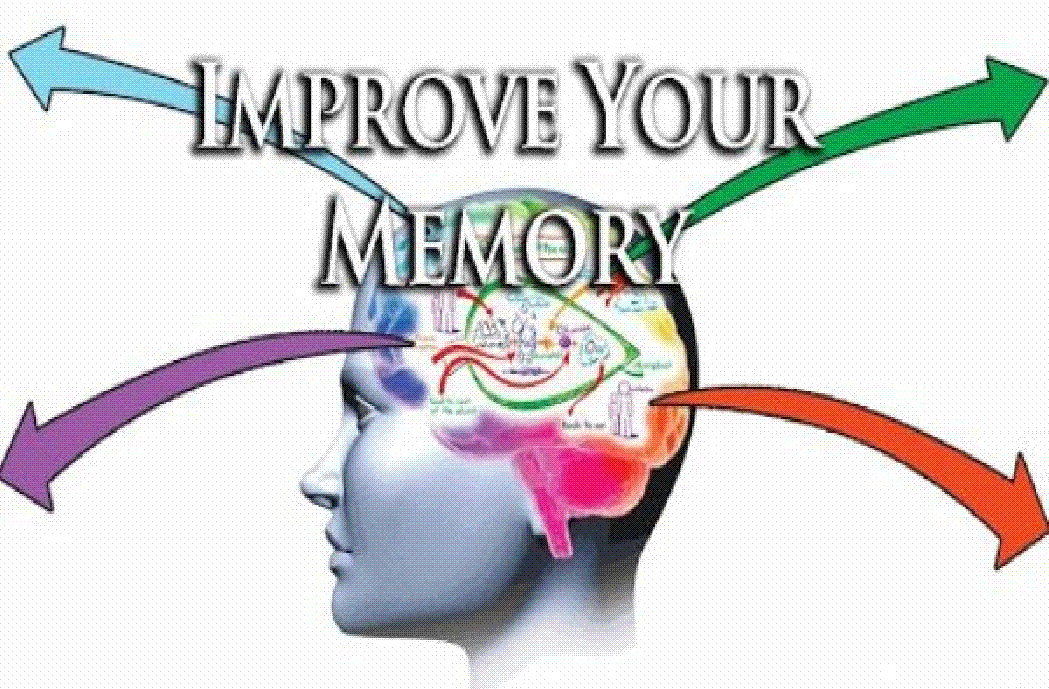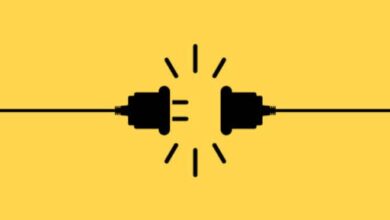5 Techniques to Help Improve Your Memory

Whether you want to be a better student, maintain your competitive edge at work, or stay mentally sharp as you age, this guide is your how-to manual.
Exercising your cognitive skills by playing brain games is a fun and effective way to boost your memory.
Crosswords, word-recall games, Tetris and even mobile apps dedicated to memory training are excellent ways to strengthen memory.
A study that included 42 adults with mild cognitive impairment found that playing games on a brain-training app for eight hours over a four-week period improved performance in memory tests (23).
Another study of 4,715 people showed that when they did 15 minutes of an online brain-training program at least five days a week, their short-term memory, working memory, concentration and problem-solving improved significantly compared to a control group (24).
Plus, brain-training games have been shown to help reduce the risk of dementia in older adults (25).
Mindfulness is a mental state in which you focus on your present situation, maintaining awareness of your surroundings and feelings.
Mindfulness is used in meditation, but the two aren’t one and the same. Meditation is a more formal practice, whereas mindfulness is a mental habit you can use in any situation.
Studies have shown that mindfulness is effective at lowering stress and improving concentration and memory.
One study of 293 psychology students showed that those who underwent mindfulness training had improved recognition-memory performance when recalling objects compared to students who did not receive mindfulness training (19).
Mindfulness has also been linked with a lower risk of age-related cognitive decline and an overall improvement in psychological well-being (20).
Incorporate mindfulness techniques into your daily routine by paying more attention to your present situation, concentrating on your breathing and gently resetting your attention when your mind wanders.
Lack of proper sleep has been associated with poor memory for quite some time.
Sleep plays an important role in memory consolidation, a process in which short-term memories are strengthened and transformed into long-lasting memories.
Research shows that if you are sleep deprived, you could be negatively impacting your memory.
For example, one study looked at the effects of sleep in 40 children between the ages of 10 and 14.
One group of children was trained for memory tests in the evening, then tested the following morning after a night’s sleep. The other group was trained and tested on the same day, with no sleep between training and testing.
The group that slept between training and testing performed 20% better on the memory tests (17).
Another study found that nurses working the night shift made more mathematical errors and that 68% of them scored lower on memory tests compared to nurses working the day shift (17).
Health experts recommend adults get between seven and nine hours of sleep each night for optimal health (18).
Maintaining a healthy body weight is essential for well-being and is one of the best ways to keep your body and mind in top condition.
Several studies have established obesity as a risk factor for cognitive decline.
Interestingly, being obese can actually cause changes to memory-associated genes in the brain, negatively affecting memory (13).
Obesity can also lead to insulin resistance and inflammation, both of which can negatively impact the brain (14).
A study of 50 people between the ages of 18 and 35 found that a higher body mass index was associated with significantly worse performance on memory tests (15).
Obesity is also associated with a higher risk of developing Alzheimer’s disease, a progressive disease that destroys memory and cognitive function (16).
The practice of meditation may positively affect your health in many ways.
It is relaxing and soothing, and has been found to reduce stress and pain, lower blood pressure and even improve memory (8).
In fact, meditation has been shown to increase gray matter in the brain. Gray matter contains neuron cell bodies (9).
As you age, gray matter declines, which negatively impacts memory and cognition (10).
Meditation and relaxation techniques have been shown to improve short-term memory in people of all ages, from people in their 20s to the elderly (11).
For example, one study demonstrated that Taiwanese college students who engaged in meditation practices like mindfulness had significantly better spatial working memory than students who did not practice meditation (12).
Spatial working memory is the ability to hold and process information in your mind about the positions of objects in space.




